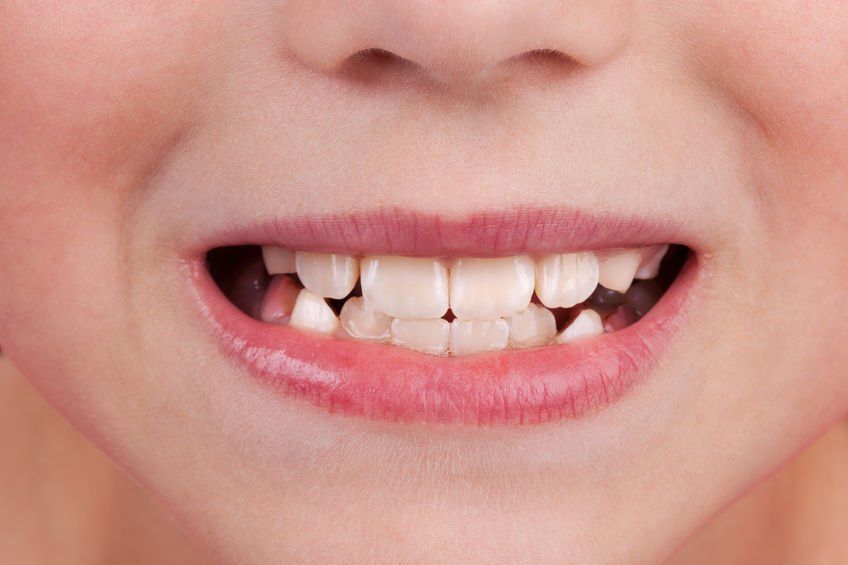Good Oral Health Starts in the Home and Continues With Great Dental Care
- By Mary Marks
- •
- 26 Jul, 2021
- •

Maintaining oral hygiene begins in the first days of a baby's life, even in the absence of teeth. After each feeding, it is recommended that the gums and tongue be cleaned with a pre-moistened gauze or fine cloth.
After the appearance of the first baby teeth, they must be cleaned with a toothbrush and toothpaste. The gingival regions in which the rest of the teeth have not yet erupted must not be overlooked either.
Once the child grows up, it is important to have a routine for maintaining oral health by licensed Highlands Ranch sedation dentistry professionals. This can be educated, and good oral health always starts in the home.
Taking steps to keep your oral cavity clean is an essential factor for excellent dental health. A daily oral hygiene routine is needed to remove dental plaque that causes cavities and gum disease.
When it comes to optimal care of the oral cavity, remember the rule "always twice" - brushing twice a day and a visit to the dentist twice a year. Oral hygiene is a practice that we carry out every day and if we pay the necessary attention, we will get used to it and be extremely happy with the favorable results and excellent oral health.





Although oral sedation dentistry Highlands Ranch is one of the optionsavailable for managing anxiety and discomfort during oral surgery, you certainly do not need to use it all the time. As a matter of fact, the exact type of sedation or anesthesia that you receive during oral procedures may depend on various factors, such as the complexity of the procedure, your medical problems, as well as your doctor’s preferences.
There can be several different levels of sedation that can be used in oral surgery. Local anesthesia is one of them. This involves injecting anesthetic medication into the specific area where the surgery will take place. It numbs the area and is often used for less invasive procedures.
Oral sedation involves taking medication in the form of a pill to induce a state of relaxation and drowsiness. The patient is still conscious, but he/she may not be fully aware of the procedure. At any rate, sedation helps him/her get rid of anxiety.
In the case of intravenous sedation, medication is administered through a vein, which induces a deeper state of sedation than oral sedation. Patients may still be conscious, but they are less aware of their surroundings and may not remember the procedure.





